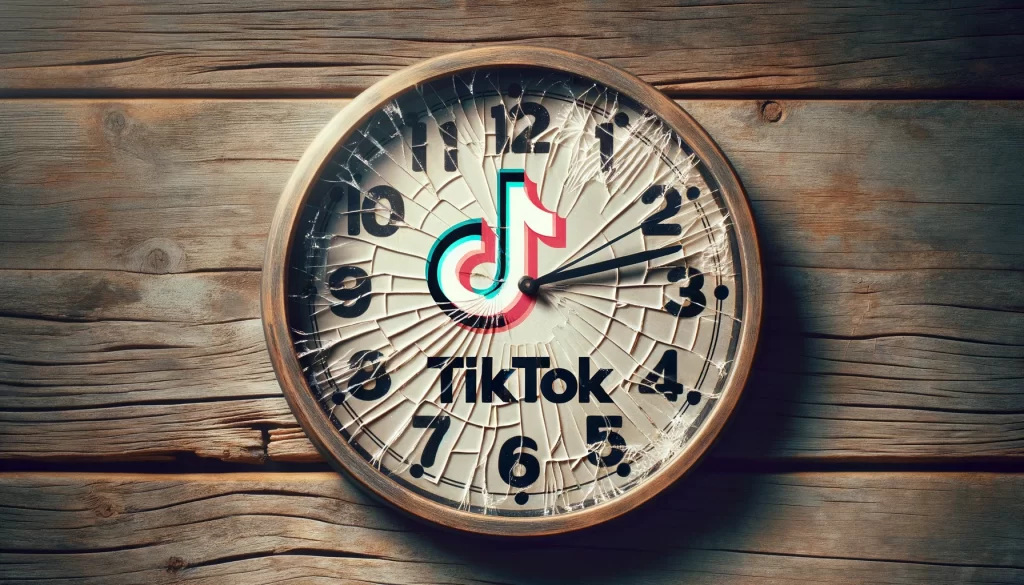In this week’s GME3 we’re looking at calls for even more restrictive rules around gambling ads in Ontario after the AGCO’s new regulations came into effect, a new FTC probe aimed at Meta and their approach to consumer privacy, and new legislation in the U.S. aimed at banning the popular app TikTok. Find the whole stories below!
Gambling
Ban Bad Ads!
Ontario’s new rules regarding sports betting and gambling ads have come into effect, meaning that ads that feature athletes or celebrities are officially banned. However, some in the province think that the new regulations don’t go far enough.
A group called Ban Ads For Gambling is calling for new rules to be made at the Federal level to ban gambling ads altogether, whether they feature celebrities or not. Their approach to gambling ads is based on the comprehensive restrictions on cigarette advertising in Canada. Studies have shown that banning advertisements has been a successful initiative for reducing smoking in Canada, and the Ban Ads group is hoping that it would have a similar effect on problem gambling.
Ban Ads For Gambling has offered some insight into what has motivated them to take up this initiative. They argue, much like other gambling critics, that access to sports betting fuels gambling addictions, which in turn brings costs to the public health care system, as well as the economy more generally. Chairman of the group, Bruce Kidd, also offered his more personal reasons:
“There are people who say that you enjoy sports more if you bet. I say you ruin sport if you promote betting because, first of all, it disembodies sport — it removes it from the enjoyment of the physical activity. And secondly, it reduces this extraordinarily rich, multifaceted cultural experience to one or two decisions, like whether the referee throws a flag in the first quarter.”
This is not to say that gambling is all bad. Gambling generates significant tax revenue for the government. In 2024 gambling is projected to contribute $2.918 billion to Ontario’s GDP, with estimated tax revenue at $389 million for the federal government and $849 million at the Provincial level.
Who can say whether this increased revenue offsets the increased levels of problem gambling we could see as a result of sports betting becoming a more widespread phenomenon? Regardless of which side of the debate you are on, taking proactive steps to reduce problem gambling in consumers will only bring in positive change. Perhaps Canada will be taking a more conservative approach to gambling ads in the future, like other more mature jurisdictions like Australia or Britain.
Media
Privacy Meta-Morphosis
The U.S. Federal Trade Commission (FTC) is planning to reopen its probe into the Facebook division of Meta over their privacy practices. This comes after Meta already paid a $5 billion fine and agreed to a range of privacy safeguards.
The FTC’s goal in this probe is to further enforce a 2020 Facebook privacy settlement that bans profiting from minors’ data and places limits on facial recognition technology. Meta attempted to halt the probe, as they have launched a separate lawsuit to challenge the legality of the investigation on constitutional grounds.
Unfortunately for Meta, their appeal to postpone this new probe has, so far, been unsuccessful. They attempted to argue that the FTC is acting unfairly by attempting to redefine the terms of the 2020 settlement and that a renewed investigation could “curtail Meta’s development of new products, superintend Meta’s corporate governance, and impair Meta’s ability to serve its users and advertisers.”
With a revived probe from the FTC on the horizon, Meta will likely be hit with revised privacy rules in the (relatively) near future. We’ll have to wait and see what the results of this revitalized probe will be.
Entertainment
Time Runs Out For TikTok
Yesterday the U.S. House of Representatives passed a bill that aims to force TikTok’s China-based owner to either sell the app or be banned in the United States. The bill passed with bipartisan support from both Republicans and Democrats, who seem eager to appear tough on America’s biggest international competitor in, what will likely end up being, a critical election year. As such, the bill was fast-tracked through the House by Republican leaders and passed on a vote of 352-65 after limited debate. This is despite TikTok’s efforts to mobilize its 170 million American users to dispute the ban.
The rationale for the ban comes down to the alleged ties between TikTok’s parent company, ByteDance, and the Chinese government. Some have argued that having such a popular app under the control of another state poses a serious national security threat. Other measures to protect U.S. security have already been put in place, such as restricting the sale of Americans’ sensitive data like location and health information to data brokers.
For the next step, the bill must also pass through the U.S. Senate, a feat that may not be as easily accomplished. But even then, it’s likely that the bill would face legal challenges if it was passed. TikTok representatives have expressed their dismay at the potential ban, and point out that an outright prohibition on the app would severely impact the American economy, including “ seven million small businesses and the 170 million Americans who use our service.”
TikTok has already spent over $1 billion on “Project Texas” which aims to handle sensitive U.S. user data separately from the rest of the company’s operations. Several lawmakers have voiced strong opposition to the bill as well, citing concerns over potential violations of the First Amendment, as well as making it difficult for certain demographics to access news and information. Stay tuned for future updates as this story continues to unfold!
GME Law is Jack Tadman, Zack Pearlstein, Lindsay Anderson, Daniel Trujillo, and Will Sarwer-Foner Androsoff. Jack’s practice has focused exclusively on gaming law since he was an articling student in 2010, acting for the usual players in the gaming and quasi-gaming space. Zack joined Jack in September 2022. In addition to collaborating with Jack, and with a keen interest in privacy law, Zack brings a practice focused on issues unique to social media, influencer marketing, and video gaming. Lindsay is the most recent addition to the team, bringing her experience as a negotiator and contracts attorney, specializing in commercial technology, SaaS services, and data privacy.
At our firm, we are enthusiastic about aiding players in the gaming space, including sports leagues, media companies, advertisers, and more. Our specialized knowledge in these industries allows us to provide tailored solutions to our clients’ unique legal needs. Reach out to us HERE or contact Jack directly at jack@gmelawyers.com if you want to learn more!
Check out some of our previous editions of the GME3 HERE and HERE, and be sure to follow us on LinkedIn to be notified of new posts, keep up to date with industry news, and more!




